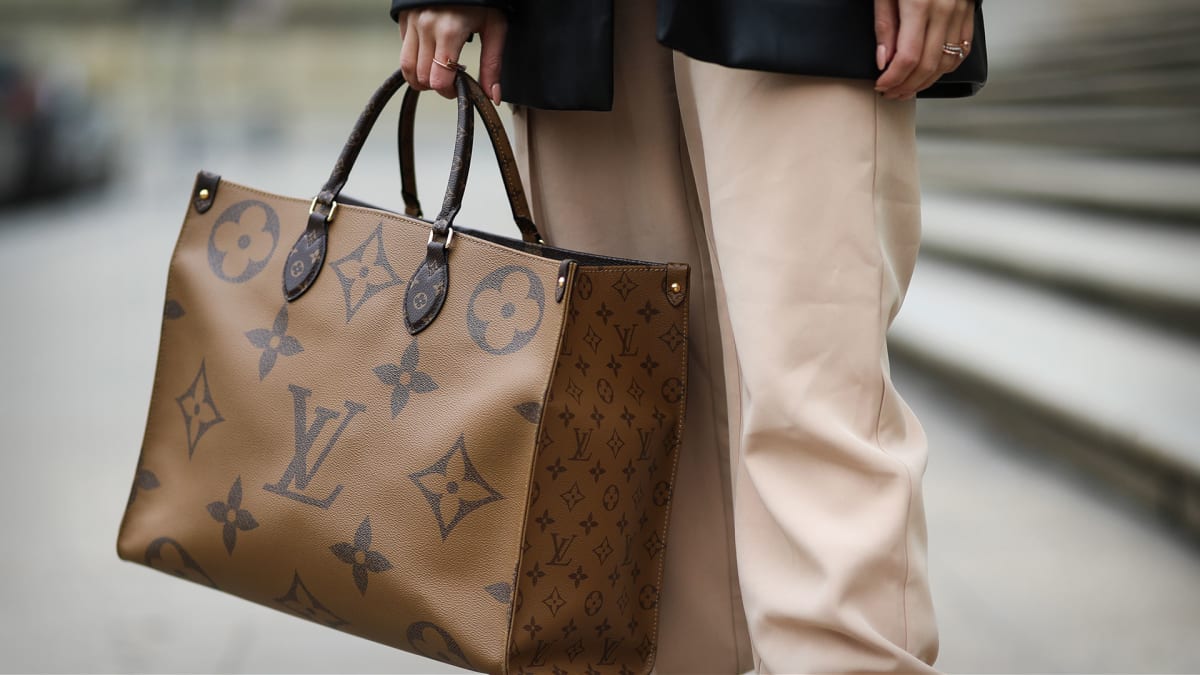
In the plain old physical universe that underlies our daily existence, Louis Vuitton and Fortnite share nothing in common.
One is a luxury retailer in France whose trademark handbags go for as much as $3,000. The other is a highly addictive video game in which up to 100 players fight to the death in a massive battle.
But the anything-goes world of the digital metaverse makes for some mighty strange bedfellows.
Case in point: Louis Vuitton Moët Hennessy (LVMH) said recently that it will partner with Epic Games to use the 3D technology that powers video games like Fortnite to create things like virtual fitting rooms, digital fashion shows, 360 product carousels, and interactive advertising campaigns.
“We have always been committed to innovations with the potential to bring our customers new experiences,” Toni Belloni, LVMH Group Managing Director, said in a statement. “Interactive games, which have developed into a full-fledged cultural phenomenon, are a perfect example. We will also engage more effectively with young generations who are very much at ease with these codes and uses.”
Bumpy Road For the Metaverse
We won’t see hordes of teenage gamers stampeding through Louis Vuitton stores shooting invisible weapons at each other. But what we will see is a six-minute interactive and immersive experience that recreates the retailer’s fall-winter men’s fashion show held last January at the famed Louvre Palace in Paris.
Since Facebook founder and CEO Mark Zuckerberg helped popularize the metaverse in 2021, in which he changed the name of his company to Meta Platforms Inc. (META), the concept has had a very bumpy ride.
Meta Platforms lost billions of dollars developing the technology. Zuckerberg then refocused the company on artificial intelligence, which has dominated the attention of Silicon Valley of late thanks to ground breaking tools like ChatGPT.
But the metaverse has found some new life of late. Apple Inc. (AAPL) recently debuted its Vision Pro headset that retails for $3,500. Though the device is quite expensive, retailers like Walmart Stores Inc. (WMT), Target Corporation, (TGT) and Best Buy Company Inc. (BBY) hope the headset will re-energize stagnant electronic sales.
Fashion Retailers Embrace the Technology
However, the most promising use of the metaverse lies with high end fashion companies like Louis Vuitton, Tiffany & Co, Bloomingdale’s, Coach, Dolce & Gabbana, and Gucci, who have all been experimenting with the technology.
It makes total sense when you think about it. Retailers, especially luxury players who don’t operate a lot of physical stores, want their merchandise on websites and mobile devices to look as real, pretty, and touchable as possible.
“We are seeing strong growth momentum of the U.S. metaverse fashion market, driven by its focus on consumer self-expression, sustainability and inclusivity, as well its alignment with the evolving digital landscape,” according to a recent report by Coresight Research.
“Embracing and understanding the dynamics of this emerging market can offer a competitive advantage for fashion brands and retailers and pave the way for a transformative fashion experience in the metaverse,” the report said.
The U.S. metaverse fashion market will hit $1.2 billion this year, up 20% from 2022, according to Statista, and will almost quadruple by the end of 2027. Despite this huge growth, it will still capture less than 5% of the total U.S. fashion e-commerce market, Coresight Research estimates.
Venture-backed startups are hoping to sell metaverse tools to retailers. But LVMH has recognized the talent and technology already exists in video game developers like Epic.
Fortnite is not just about people killing people. Just as popular as the battle royales are features that allow users to create realistic new worlds from scratch, thanks to Epic platforms like Unreal Engine 5, MetaHuman technology, and Reality Capture.
So the same technology that allows users to kill zombies in Fortnite is the same technology that luxury retailers like Louis Vuitton hope will keep their merchandise and brands as relevant as they can into the 21st century.







